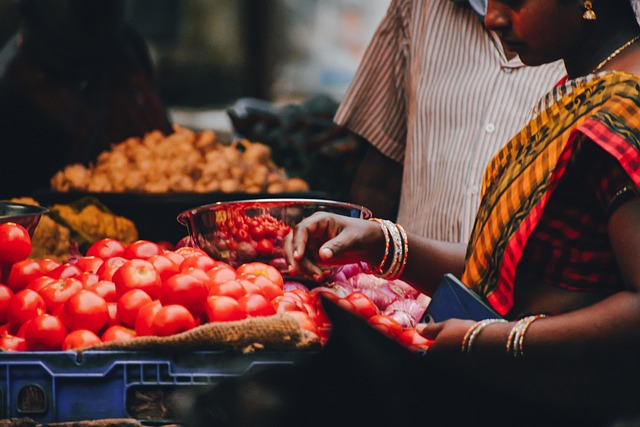The Impact of Sustainable Packaging Solutions in the Organic Food Industry
Sustainable packaging plays a crucial role in the organic food sector by reducing the environmental impact of products. Choosing eco-friendly packaging materials helps to minimize waste and lower carbon emissions, contributing to a more sustainable food industry overall. Consumers are becoming increasingly aware of the importance of sustainable practices, and brands that prioritize eco-friendly packaging are more likely to resonate with environmentally-conscious shoppers.
In addition to the environmental benefits, sustainable packaging can also enhance brand image and differentiation in the competitive organic food market. Brands that invest in sustainable packaging solutions demonstrate a commitment to responsible business practices, which can help build trust and loyalty among consumers. By aligning packaging strategies with sustainability goals, organic food brands can not only reduce their ecological footprint but also create a positive impact on the market and society as a whole.
The Rise of Eco-Friendly Packaging in the Organic Food Industry
Organic food brands are increasingly turning towards eco-friendly packaging solutions to align with their values of sustainability and environmental consciousness. By opting for biodegradable materials, recyclable packaging, and minimizing plastic usage, these brands are reducing their carbon footprint and promoting a more eco-conscious image.
Consumers are becoming more aware of the impact of packaging on the environment, leading to a shift in preferences towards products with sustainable packaging. In response to this demand, organic food brands are investing in innovative packaging solutions that not only preserve the quality and freshness of their products but also reduce waste and pollution in the long run.
Challenges Faced by Organic Food Brands in Adopting Sustainable Packaging Solutions
Many organic food brands are facing significant challenges when it comes to adopting sustainable packaging solutions. One major hurdle they encounter is the cost associated with transitioning to eco-friendly packaging materials. While sustainable options are often more expensive than traditional packaging, many organic food brands operate on tight budgets and find it difficult to absorb the additional costs.
Additionally, organic food brands struggle with finding suitable sustainable packaging options that meet the necessary requirements for preserving the quality and freshness of their products. Balancing sustainability with functionality poses a dilemma for many brands, as they need packaging that not only provides adequate protection but also aligns with their values of environmental stewardship. Finding the right balance between sustainability, functionality, and affordability remains a key challenge for organic food brands looking to adopt sustainable packaging solutions.
Cost associated with transitioning to eco-friendly packaging materials
Tight budgets of organic food brands make it difficult to absorb additional costs
Finding suitable sustainable packaging options that preserve product quality and freshness is a challenge
Balancing sustainability with functionality in packaging design
Need for packaging that aligns with values of environmental stewardship
Why is sustainable packaging important in the organic food sector?
Sustainable packaging is important in the organic food sector as it aligns with the values of consumers who prioritize eco-friendly products. It also helps reduce the environmental impact of packaging waste.
What are some examples of eco-friendly packaging options available to organic food brands?
Eco-friendly packaging options for organic food brands include compostable packaging, biodegradable packaging, recycled materials, and reusable containers.
What are some of the challenges faced by organic food brands in adopting sustainable packaging solutions?
Some of the challenges include higher costs of sustainable packaging materials, limited availability of sustainable packaging options, and the need for investing in new packaging equipment.
How can organic food brands overcome the challenges of adopting sustainable packaging solutions?
Organic food brands can overcome these challenges by conducting thorough research to find affordable sustainable packaging options, collaborating with packaging suppliers to develop customized solutions, and educating consumers about the benefits of sustainable packaging.
Are there any regulations or certifications that organic food brands need to consider when choosing sustainable packaging solutions?
Organic food brands may need to consider certifications such as USDA Organic, FSC certification, or compostability certifications when choosing sustainable packaging solutions to ensure they meet industry standards for eco-friendly packaging.







